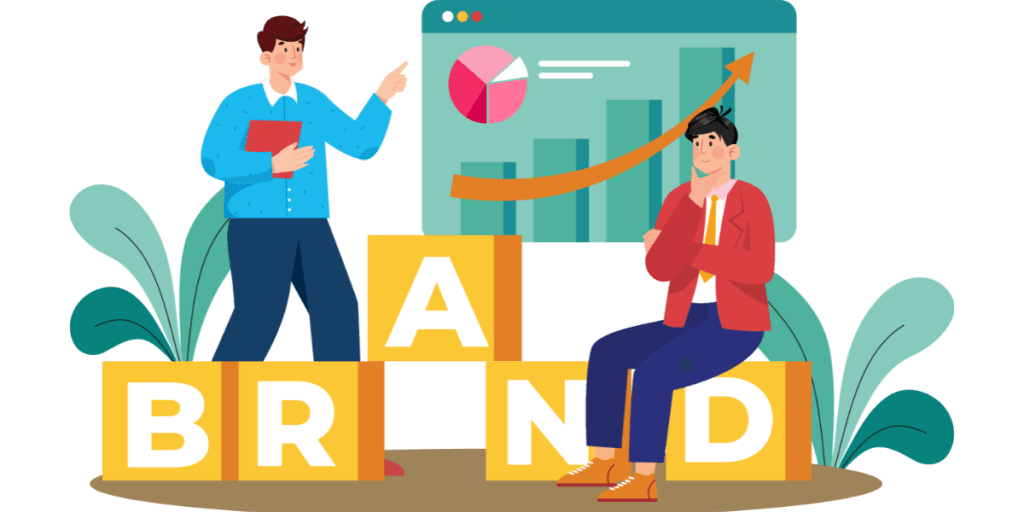Small is Beautiful. We Are D-Studio Consulting.
Bespoke Digital Strategy. Built Around You.
Bespoke Digital Strategy. Built Around You.
We provide access to expert talent usually reserved for big brands.
Attract
Decode what your audience actually needs — before anything is built.
Grow
We build what’s right for you — not what’s trendy.
Capture
We design conversion flows that guide, not push.
Sustain
Sustainable growth, powered by systems — not shortcuts.
More than advisors.
We build real ventures — and that’s what makes our advice different.
Hospitality & Tourism
Elevate your hospitality brand with our comprehensive digital marketing solutions. We design customized campaigns that highlight your unique offerings, engaging travelers and driving more bookings.
E-commerce
Transform your e-commerce business with our bespoke digital marketing services. We develop tailored strategies that enhance your direct-to-client sales, improve customer engagement, and grow your business.
Transform Your Audience
into a Loyal Customer Base
with Tailored Marketing Expertise
Discover what ignites genuine interest in your audience.
We reveal patterns, desires, and unspoken needs before creating anything, ensuring each touchpoint resonates naturally with the people who matter most.
The result: less guesswork, more meaningful connections that strengthen every campaign.

Build with purpose, not passing trends.
We focus on dependable, meaningful progress that fits your brand’s unique path, crafting digital structures and approaches that evolve alongside your business.
The result: steady momentum rooted in clarity and supported by strategies that keep growing as you do.

Invite, don’t pressure.
We refine experiences and communication so each moment feels human, intuitive, and supportive of your client’s journey toward commitment.
The result: an environment of confidence that transforms interest into lasting relationships and real action.

Build resilience through thoughtful systems.
We implement processes and frameworks that protect your growth, adapting with your needs and helping you weather shifts without sacrificing integrity.
The result: reliable, consistent growth anchored in strong foundations and strategic foresight.

Our Services
We offer a wide array of digital services that can lift your business to the next level.
What Excites Us
Our Core Values
Respect
At D-Studio we focus on real value services and the growth of the individual to drive sustainable profit for our specialists just as much as our clients.
Bringing awareness to why and how we drive results establishes fundamental protocols for future campaigns and marketing ethics.
Over the years we have seen how digital technology integrated with work-life concepts can bring amazing results and balance to our clients and society at large.

Responsibility
Change is inevitable and a must in our industry. However, we believe in holistic change, integrating key factors mindfully to drive profit and innovation for your brand.
Together we develop a bespoke marketing strategy and appoint our key specialists to run your campaigns to provide you with transparent results.
Our model for organic management, transparent profit share and marketing services by design secure responsibility for strategy and growth on behalf of all members involved.

Reflection
Simplifying and clarifying digital solutions we help our clients achieve results and focus on what matters most.
Our job is to provide you with strategic digital services and consulting expertise to develop your brand and focus on your next big move. We value a good night sleep and therefore a sustainable, holistic way of working and driving profit is key to our projects with you.
Strategy, specialisation, transparent results, analysis and brand positioning is what we strive and live for.

Our Strengths
Tailored Digital Solutions for Your Needs
We design bespoke digital solutions for corporates and professionals.
Empowering Brands with Sustainable Change
Are you ready for the Leap? Sustainable Digital Transformation for your brand!
Achieving Transparent and Impactful Results
We focus on results and transparency. Together we build sustainable strategies for a new world.
Our Strategic Process
1. Discovery Meeting
Our process begins with a Discovery Meeting to understand your business, goals, and challenges. We discuss your digital landscape, target audience, and objectives, gathering crucial information to shape our bespoke digital strategy.
2. Digital Strategy
We craft a tailored Digital Strategy based on insights from the Discovery Meeting. Our plan covers content, brand positioning, SEO, social media, paid advertising and more, all aimed at maximising your digital impact and achieving sustainable growth.
3. Due Diligence
Before implementation, we conduct thorough Due Diligence, auditing your digital assets for optimization and compliance. We identify strengths and areas for improvement, ensuring a solid foundation for our strategy.
4. Exit strategy
Our Exit Strategy ensures your digital initiatives thrive post-engagement. We provide training, documentation, and ongoing consulting support, empowering your team to maintain and build upon our solutions.
5. Agreement
We formalise our partnership through a comprehensive Agreement, detailing the scope of work, deliverables, timelines, and costs. This document fosters transparency and mutual understanding.
6. Execution
In the Execution phase, we bring the strategy to life with precision and best practices. We provide regular updates, monitor performance, and make data-driven adjustments to ensure impactful and sustainable results.
Check Our Results
Want to know why clients love us? Here are some case studies that explain it all.
Reasons Our Clients Love Us
Featured In











